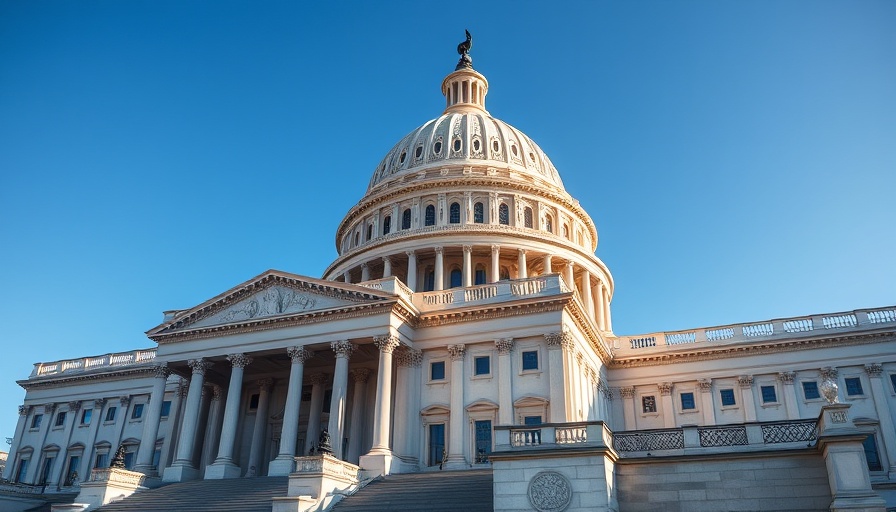
Understanding the Role of Tariffs in U.S. Deficits
In a recent analysis by a prominent fiscal watchdog, it has been projected that tariff revenues could significantly impact the U.S. economy by cutting deficits by as much as $4 trillion over the next decade. This revelation sheds light on the complex interplay between taxation, international trade, and national fiscal health. With a growing scrutiny on how tariffs impact local businesses and consumer prices, it’s essential to delve deeper into what this means for various stakeholders across the Bay Area and beyond.
What Are Tariffs and How Do They Work?
Tariffs are taxes imposed on imported goods and services, designed to make foreign products more expensive relative to domestic ones and thereby encourage consumers to buy local. In the Bay Area, known for its thriving tech and startup culture, the implications of these tariffs provide a mixed bag of consequences. While higher tariffs might protect local manufacturers by making imports less competitive, they can simultaneously increase the costs for companies reliant on imported goods, such as tech component manufacturers.
The Economic Context: A Shift in Trade Policy
The proposed reduction in deficits through tariffs comes at a time when the U.S. is reevaluating its trade policies. As Silicon Valley startups look for avenues to scale up, understanding how changing tariffs could influence venture capital funding is crucial. Investors are keen to support firms likely to thrive in an environment shaped by such fiscal changes.
Local Impacts: What This Means for Bay Area Businesses
For Bay Area entrepreneurs, the potential benefits of reduced deficits through tariff revenues could translate into improved economic stability and growth opportunities. Conversely, small businesses that rely heavily on international resources may face price increases that squeeze their margins. Business growth strategies must take these changing economic dynamics into account to remain competitive.
Corporate Earnings Reports and Market Reactions
As leading corporations start to release quarterly earnings reports, investors will be closely monitoring how businesses are adapting to the shifting tariff landscape. The potential impact on corporate earnings could lead to fluctuations in venture capital funding trends, affecting everything from IPO news to mergers and acquisitions within the Bay Area’s robust startup ecosystem.
Future Predictions: Tariffs and Innovation
Looking ahead, analysts predict that consistent changes in trade policy and tariffs may spur innovation within the tech sector, particularly in developing sustainable business practices and enhancing supply chain efficiencies. As Bay Area companies navigate these uncertain waters, there is potential for exciting developments that align corporate growth with social responsibility.
Conclusion: A Call for Awareness
As the implications of tariff revenues unfold, it is imperative for businesses and consumers to stay updated on economic forecasts and market analyses. Understanding how these factors interplay can lead to strategic business decisions that promote resilience and adaptability. The Bay Area’s unique business environment thrives on innovation and foresight—qualities that will be crucial as we face evolving trade dynamics. Staying informed allows businesses to seize new opportunities and mitigate risks in an uncertain landscape.
 Add Row
Add Row  Add
Add 



Write A Comment